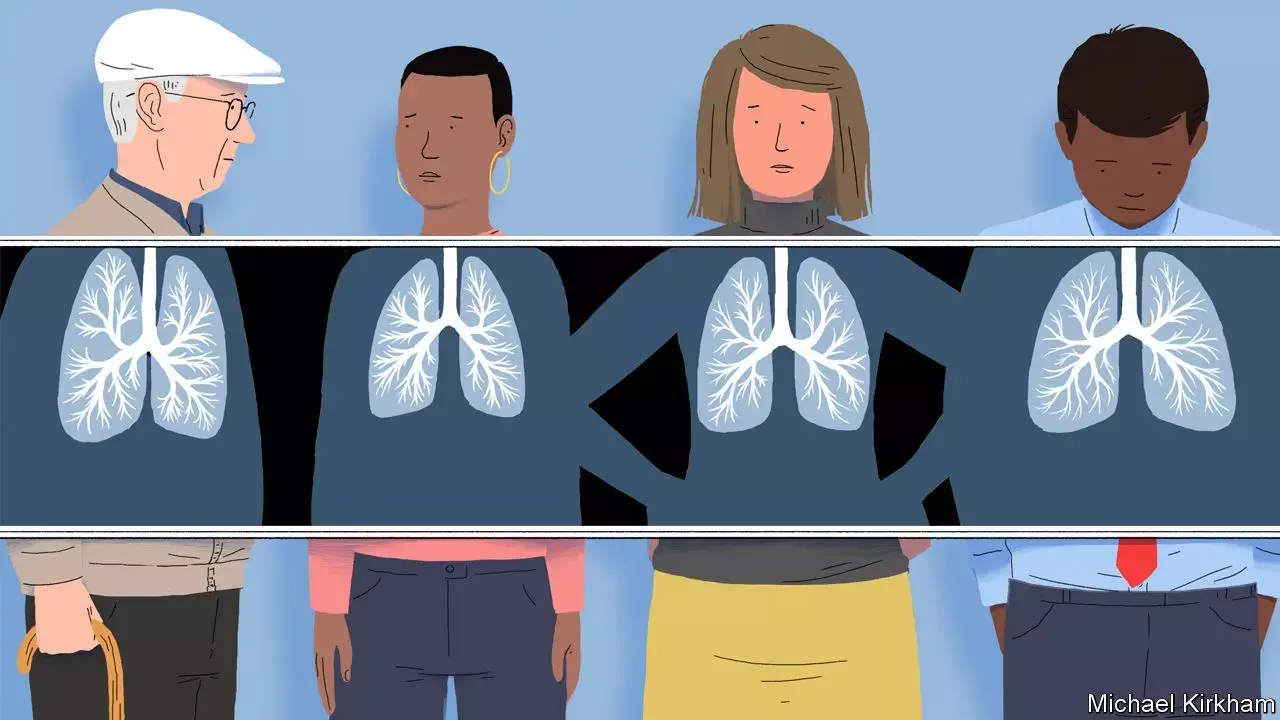- Home
- Medical news & Guidelines
- Anesthesiology
- Cardiology and CTVS
- Critical Care
- Dentistry
- Dermatology
- Diabetes and Endocrinology
- ENT
- Gastroenterology
- Medicine
- Nephrology
- Neurology
- Obstretics-Gynaecology
- Oncology
- Ophthalmology
- Orthopaedics
- Pediatrics-Neonatology
- Psychiatry
- Pulmonology
- Radiology
- Surgery
- Urology
- Laboratory Medicine
- Diet
- Nursing
- Paramedical
- Physiotherapy
- Health news
- Fact Check
- Bone Health Fact Check
- Brain Health Fact Check
- Cancer Related Fact Check
- Child Care Fact Check
- Dental and oral health fact check
- Diabetes and metabolic health fact check
- Diet and Nutrition Fact Check
- Eye and ENT Care Fact Check
- Fitness fact check
- Gut health fact check
- Heart health fact check
- Kidney health fact check
- Medical education fact check
- Men's health fact check
- Respiratory fact check
- Skin and hair care fact check
- Vaccine and Immunization fact check
- Women's health fact check
- AYUSH
- State News
- Andaman and Nicobar Islands
- Andhra Pradesh
- Arunachal Pradesh
- Assam
- Bihar
- Chandigarh
- Chattisgarh
- Dadra and Nagar Haveli
- Daman and Diu
- Delhi
- Goa
- Gujarat
- Haryana
- Himachal Pradesh
- Jammu & Kashmir
- Jharkhand
- Karnataka
- Kerala
- Ladakh
- Lakshadweep
- Madhya Pradesh
- Maharashtra
- Manipur
- Meghalaya
- Mizoram
- Nagaland
- Odisha
- Puducherry
- Punjab
- Rajasthan
- Sikkim
- Tamil Nadu
- Telangana
- Tripura
- Uttar Pradesh
- Uttrakhand
- West Bengal
- Medical Education
- Industry
Bronchoscopic lung volume reduction imparts survival benefit in COPD patients: Study

Netherlands: The findings of a recent study led by Jorine E. Hartman and colleagues suggested that lowering lung capacity with bronchoscopy facing severe hyperinflation may result in a survival advantage in a group with a substantially shortened life expectancy. The findings of this study were published in Respiratory Medicine.
Patients with severe Chronic Obstructive Pulmonary Disease (COPD) can benefit greatly from bronchoscopic lung volume reduction (BLVR) therapies using coils or endobronchial valves. The possible influence of BLVR on survival, on the other hand, is less well recognised. As a result, the purpose of this study was to look at the survival rate in patients who are being considered for BLVR therapy and whether there is a difference in chance of survival between patients who receive BLVR treatment and those who do not.
This research included individuals with COPD who visited the hospital for a consultation to determine their potential for bronchoscopic lung volume reduction therapy and who had pulmonary function tests during this visit. Furthermore, the vital condition was confirmed.
The key findings of this study were as follow:
1. 1471 patients were enrolled in total (63% female, mean age 61 years).
2. A total of 531 patients (35%) died during follow-up, and the whole population's median survival time was 2694 days, or around 7.4 years.
3. The median survival time of patients who received BLVR was significantly longer than that of patients who did not receive BLVR (3133 days versus 2503 days), and BLVR was found to be an independent predictor of survival when other survival-influencing factors such as age, gender, or disease severity were controlled for.
In conclusion, the findings, when combined with the current research on both bronchoscopic and surgical lung volume reduction therapies, indicate that lowering lung volume in patients with COPD, severe hyperinflation, and decreased life expectancy may result in a survival advantage.
Reference:
Hartman, J. E., Welling, J. B. A., Klooster, K., Carpaij, O. A., Augustijn, S. W. S., & Slebos, D.-J. (2022). Survival in COPD patients treated with bronchoscopic lung volume reduction. In Respiratory Medicine (Vol. 196, p. 106825). Elsevier BV
Medical Dialogues consists of a team of passionate medical/scientific writers, led by doctors and healthcare researchers. Our team efforts to bring you updated and timely news about the important happenings of the medical and healthcare sector. Our editorial team can be reached at editorial@medicaldialogues.in.
Dr Kamal Kant Kohli-MBBS, DTCD- a chest specialist with more than 30 years of practice and a flair for writing clinical articles, Dr Kamal Kant Kohli joined Medical Dialogues as a Chief Editor of Medical News. Besides writing articles, as an editor, he proofreads and verifies all the medical content published on Medical Dialogues including those coming from journals, studies,medical conferences,guidelines etc. Email: drkohli@medicaldialogues.in. Contact no. 011-43720751


